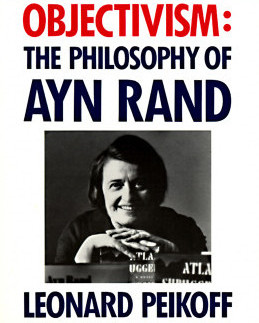An excerpt from chapter 8 on Virtue from Objectivism: The Philosophy of Ayn Rand by Leonard Peikoff.
The virtue of independence, in Ayn Rand’s definition, is “one’s acceptance of the responsibility of forming one’s own judgments and of living by the work of one’s own mind….”
The classic statement of this virtue appears in The Fountainhead, when Roark contrasts the creator with the second-hander:
Nothing is given to man on earth. Everything he needs has to be produced. And here man faces his basic alternative: lie can survive in only one of two ways—by the independent work of his own mind or as a parasite fed by the minds of others. The creator originates. The parasite borrows. The creator faces nature alone. The parasite faces nature through an intermediary.
The creator’s concern is the conquest of nature. The parasite’s concern is the conquest of men.
The creator lives for his work. He needs no other men. His primary goal is within himself. The parasite lives second-hand. He needs others. Others become his prime motive.
The basic need of the creator is independence. The reasoning mind … demands total independence in function and in motive. To a creator, all relations with men are secondary.
The basic need of the second-hander is to secure his ties with men in order to be fed. He places relations first.
If a man lived on a desert island, a policy of dependence would be impossible to him. He would have to think, act, produce on his own or suffer the consequences. He would have to focus on reality or perish.
The same principle applies when one lives in society. The presence of other men does …
Read the rest in Objectivism: The Philosophy of Ayn Rand.
